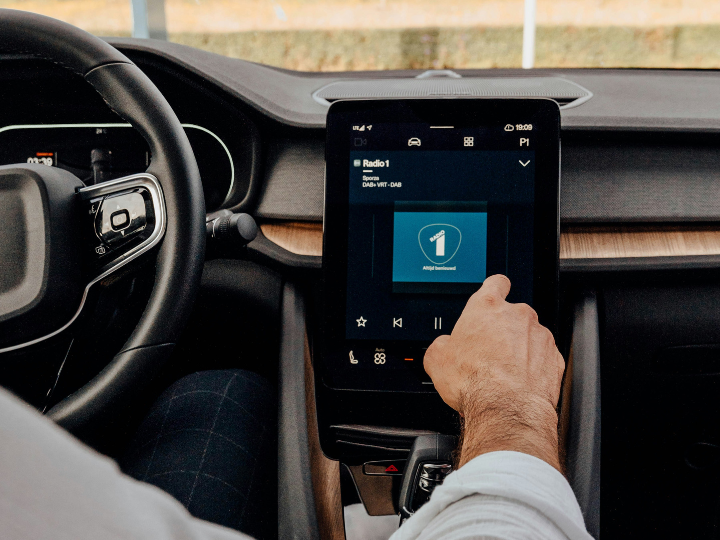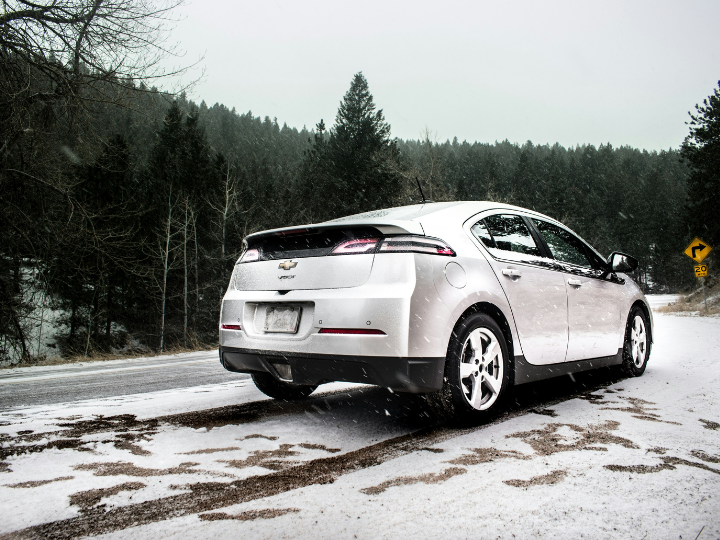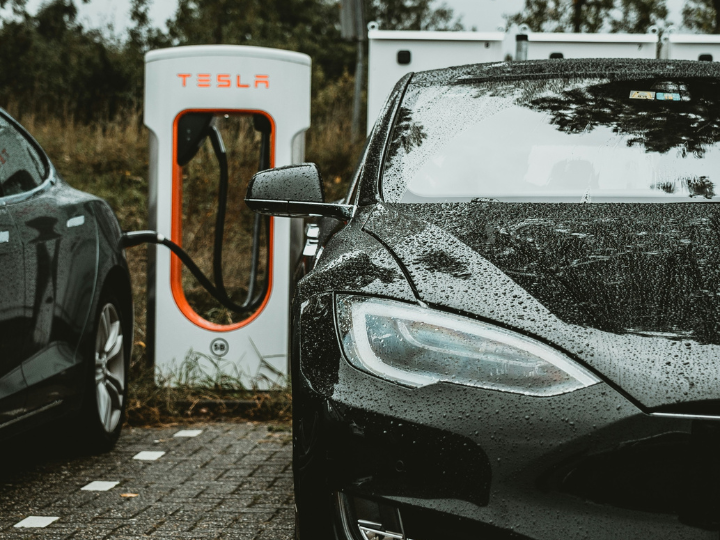When considering whether to buy an electric vehicle (EV) or stick with a traditional gas-powered car, the total cost of ownership (TCO) plays a crucial role in making the decision. The TCO includes not just the purchase price, but also factors like fuel, maintenance, insurance, and resale value. Although EVs tend to have a higher upfront cost, they often offer long-term savings. Let’s take a closer look at the key elements that contribute to the overall cost differences between electric and gas vehicles.
Purchase Price
One of the most noticeable differences between EVs and gas cars is the purchase price. In many cases, electric vehicles come with a higher price tag upfront. This is mainly due to the cost of the battery, which is one of the most expensive components of an EV. However, federal and provincial rebates can help reduce the price significantly, especially in regions with strong incentives for EV buyers.
Gas vehicles, on the other hand, are typically more affordable at the time of purchase. The price range is broader, and there are many budget-friendly options available, making them more accessible initially.
Fuel vs. Electricity Costs
The cost of fuel is one of the biggest factors impacting the total cost of ownership. Gas prices fluctuate, but on average, fueling a gas-powered vehicle is more expensive than charging an EV. Electric vehicles can be charged at home overnight, and public charging stations are also becoming more widely available. The cost of electricity is much lower than gasoline, and for those who install solar panels or use green energy, the cost can be even lower.
In contrast, gas vehicles require regular refueling, and those costs add up quickly over time. The savings on fuel are one of the primary reasons why many drivers switch to EVs.
Maintenance and Repairs
Electric vehicles generally have fewer moving parts than gas-powered cars, which means they often require less maintenance. For example, EVs don’t need oil changes, exhaust system repairs, or fuel system maintenance. The regenerative braking system used in many EVs also results in less brake wear. This translates to lower maintenance costs over the life of the vehicle.
However, one concern for EV owners is the cost of battery replacement. While EV batteries are designed to last for many years, they can be expensive to replace when the time comes. That said, most EV manufacturers offer extensive warranties on their batteries, which can help offset this concern.
Gas vehicles, while more affordable upfront, typically require more frequent maintenance. Regular oil changes, engine tune-ups, and exhaust system repairs are just a few of the ongoing maintenance tasks gas vehicles need. Over time, these costs can add up, making the long-term cost of owning a gas vehicle higher.
Insurance Costs
Insurance costs for EVs can sometimes be higher than for gas vehicles, mainly because of the higher repair costs associated with their technology. However, this is not always the case, and it depends on various factors such as the vehicle’s model, age, and driver profile. Many insurance providers are now offering competitive rates for electric vehicles, especially with the growing popularity of EVs.
Resale Value
The resale value of an electric vehicle can be tricky to predict, as the market is still evolving. However, as technology improves and the demand for EVs increases, resale values are becoming more competitive with gas-powered cars. Vehicles with newer, more efficient battery technology or advanced features may retain their value better than older models.
Gas vehicles, especially those from well-known brands, tend to have predictable resale values. However, with the global push towards green energy and sustainable transportation, the resale value of gas cars may decline over the coming years.
Environmental Impact and Other Considerations
While the TCO is important, many people choose electric vehicles for environmental reasons. EVs produce no tailpipe emissions, making them a cleaner option compared to gas cars. Additionally, the rising cost of environmental regulations and carbon taxes could make owning a gas vehicle more expensive in the future.
_
Looking to protect your vehicle investment? Whether you’re driving a gas or electric vehicle, we can help you find the right auto insurance coverage. Contact us today for personalized insurance solutions!











